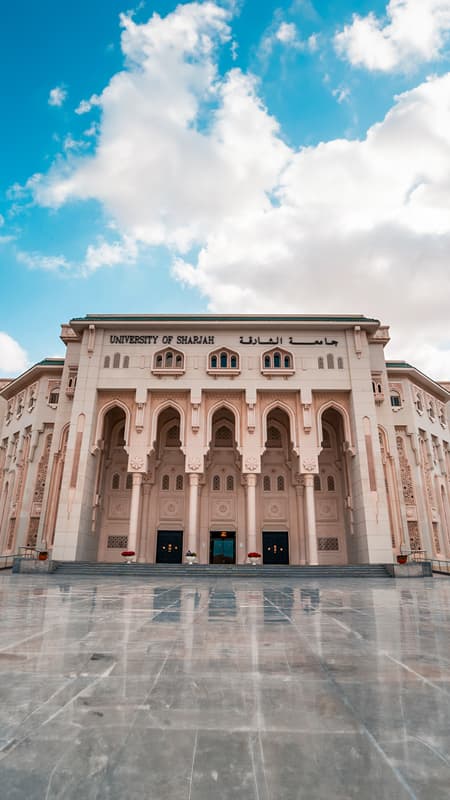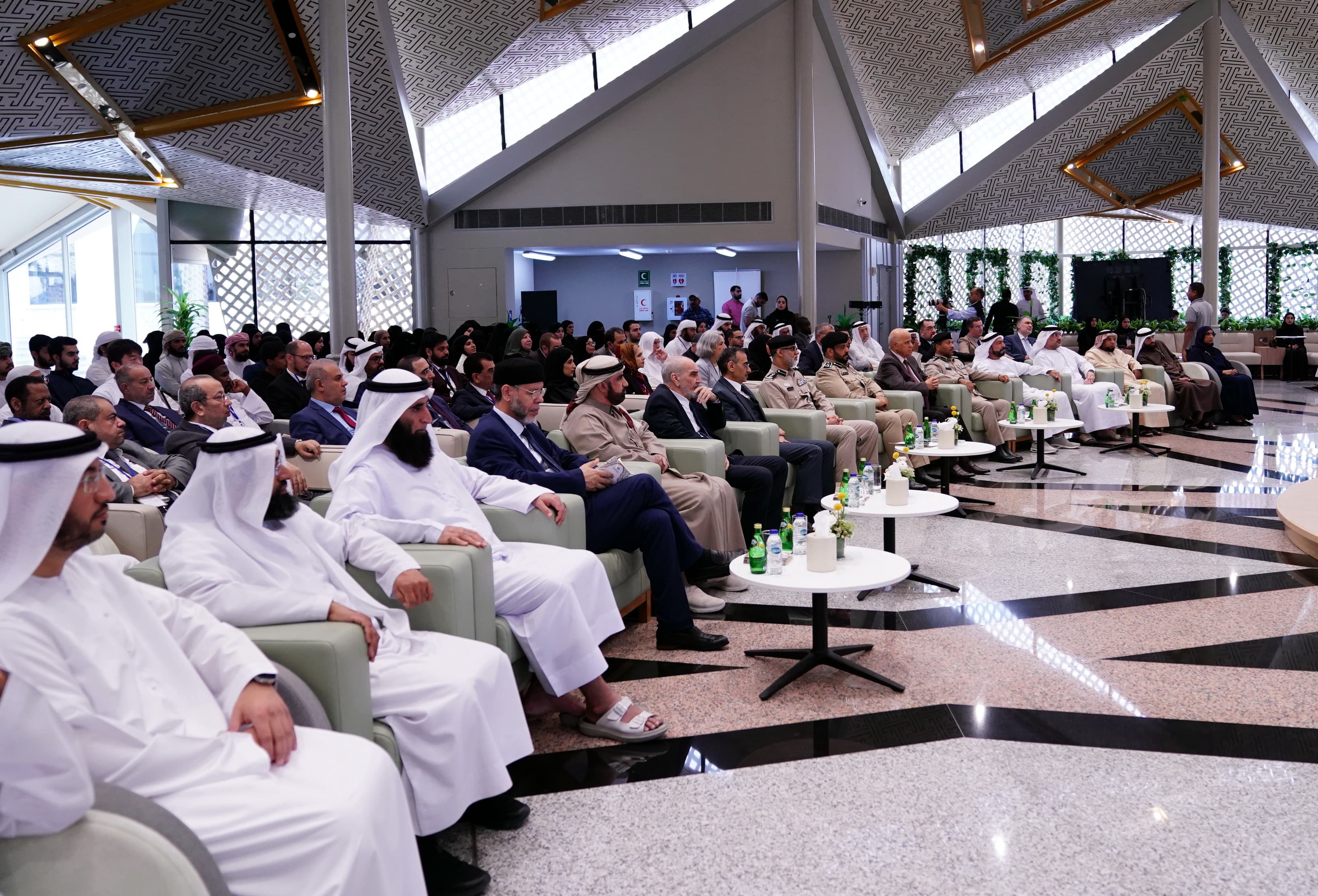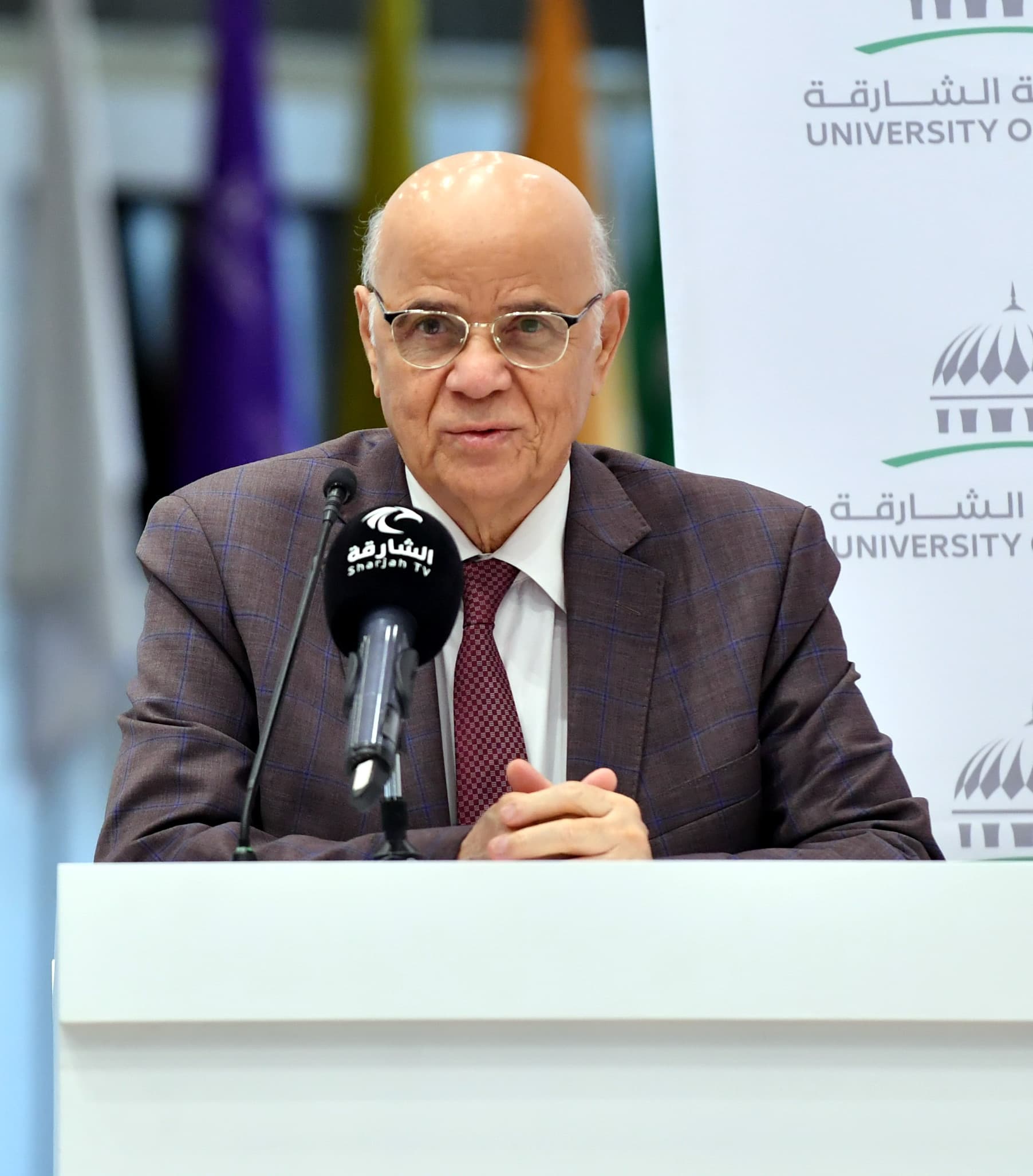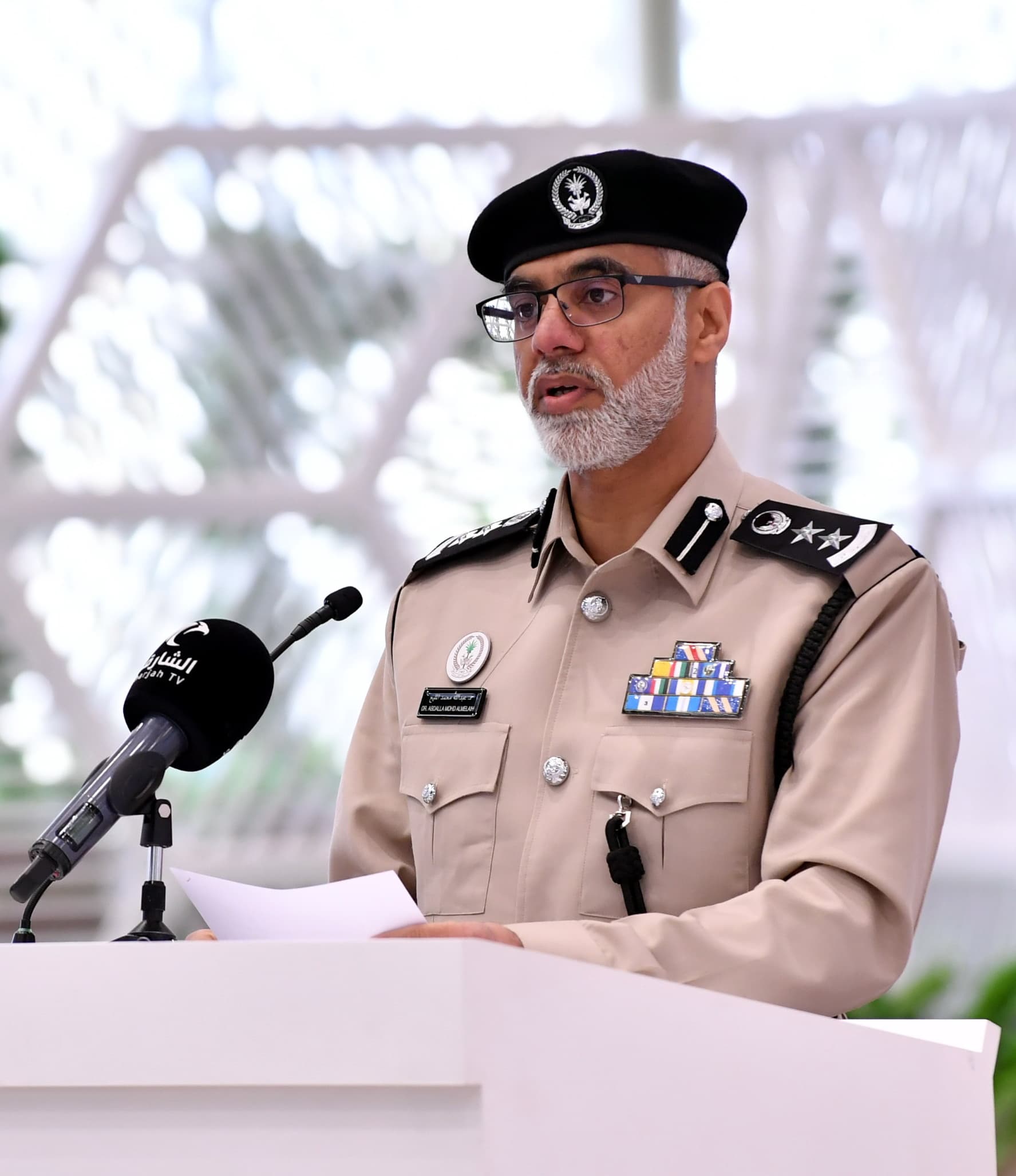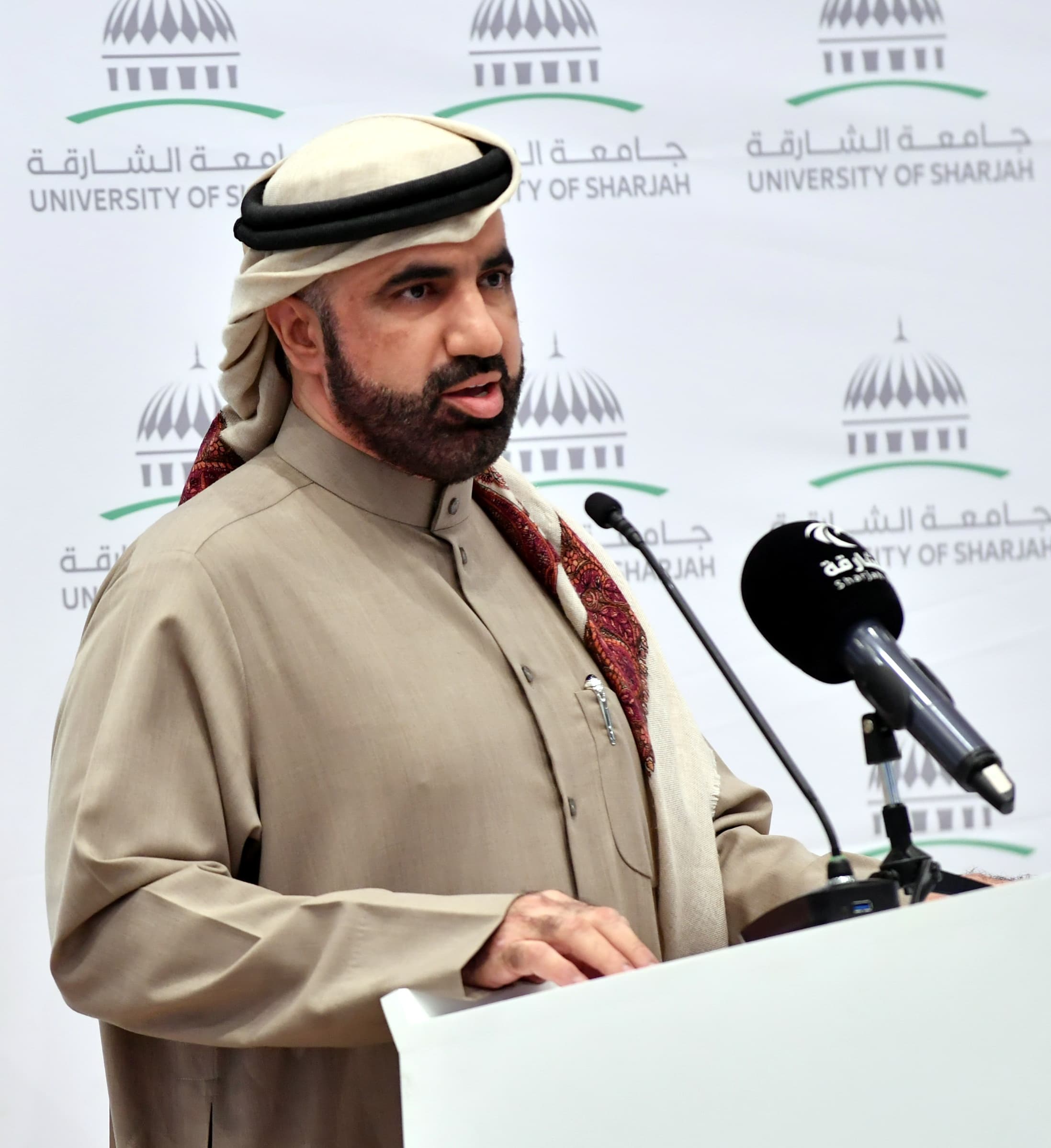Global
The University of Sharjah Hosts a Conference on Intellectual Security
The College of Sharia and Islamic Studies at the University of Sharjah (UoS) hosted a conference titled: “Challenges of Intellectual Security: Approaches in Light of Islamic Sciences and Humanities, that aimed to establish an accurate legal definition of intellectual security and explore legitimate and scientific solutions to overcome challenges of intellectual security. The event was attended by prominent scholars and researchers from across the UAE, and UoS faculty and students.
In his opening speech, His Excellency Prof. Hamid M.K. Al Naimiy, Chancellor of the University of Sharjah, emphasized that intellectual security is a fundamental pillar of stability in any nation as it safeguards their religious and national values. He stated that the conference aimed to highlight the importance of intellectual security and showcase global experiences in reinforcing its principles. His Excellency stressed that since its establishment, the University of Sharjah has been committed to adopting a comprehensive educational policy that promotes scholarship, develops students’ practical skills, and advocates moderate worldviews through its academic curricula and programs. These initiatives aim to promote moderation and support the national interests and developmental projects of the country. He further noted that the educational and research priorities for building the nation economically, socially, and environmentally are firmly rooted in the University’s vision and strategies.
Dr. Ali Abdullah Ali Al-Dhabahi, President of the Personal Status Appeals Division at Dubai Courts, praised the University of Sharjah’s efforts in organizing the conference, which focuses on intellectual security as a cornerstone of societal stability. He emphasized the importance of seeking insights from both Islamic studies and the humanities, as well as the crucial role of the family, to achieve intellectual security. He also stressed the need to empower individuals and communities against the dangers of extremism and develop effective mechanisms to address these threats, by promoting a science-oriented mindset.
Colonel Dr. Abdullah Mohammed Al Mulaih, Director of the Research and Development Centre at the Sharjah Police Headquarters, emphasized that intellectual security is a crucial component of overall security. He discussed the various social factors that contribute to individuals holding antisocial and deviant ideas and highlighted the significant influence of the media in shaping public thought. Dr. Al-Mulaih stressed the need for awareness programs that focus on moderate religious teachings to counter extremist ideologies and common misconceptions. He also advocated encouraging young people to participate in positive activities that help strengthen intellectual security.
Prof. Kotb Rissouni, Dean of the College of Sharia and Islamic Studies at the University of Sharjah, explained that the conference focused on defining the term "intellectual security," identifying the challenges it faces, and critically analyzing successful experiences in strengthening its foundations. The goal was to raise awareness among students and various segments of civil society about the components of intellectual security in Islam and to promote the values of tolerance, coexistence, and moderation.
Dr. Mahdi Kais Al-Janabi, Director of the Forum for Intellectual Security in Islam at the University of Sharjah’s College of Sharia and Islamic Studies, stated that the conference was organized in conjunction with the Year of Community to reinforce the values of societal cohesion and national unity.
The conference featured talks and presentations that focused on a range of topics, including the concept of intellectual security from an Islamic perspective, its legitimacy and historical roots, the challenges threatening intellectual security from legal, intellectual, social, and media viewpoints, and how to achieve social harmony. In addition, the conference presented successful experiences in establishing intellectual security and ways to enhance its promotion in universities.
The conference concluded with the presentation of findings and recommendations aimed at strengthening intellectual security, countering extremism, and reinforcing the values of peace and the principles of moderation.

